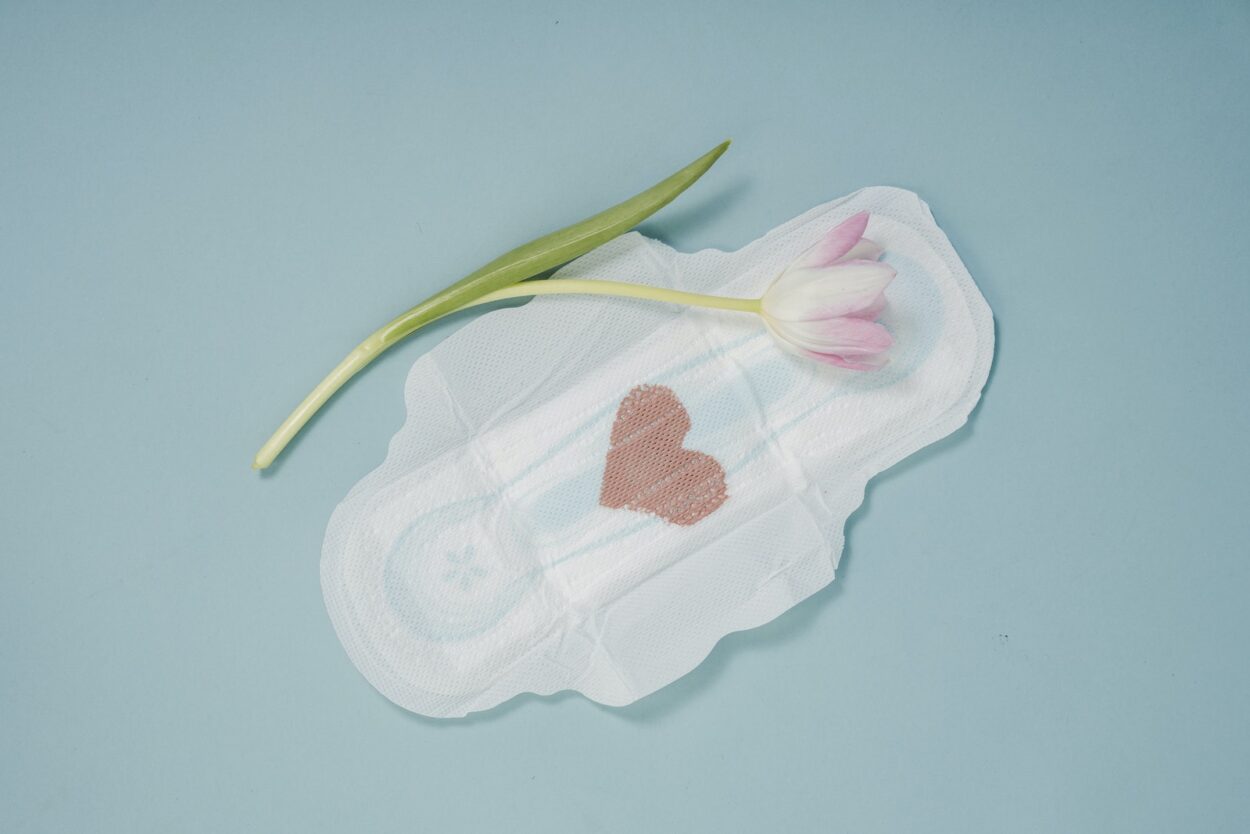The menstrual cycle is a set of hormonal changes that get the body ready for pregnancy. It can last 21-35 days and bleed 3-5 days each time.
Sexually active people can experience irregular periods or delays in their menstruation due to various reasons. The most common reason is unprotected sex before or during ovulation.
1. Stress
Stress is a normal part of life, but too much can be a bad thing. It can cause your body to make hormones that change the way the reproductive system works. This can lead to periods that last longer, are less regular or have heavier bleeding than usual.
A woman’s menstrual cycle is a complex series of hormone-related events that prepares the body for pregnancy. When it’s not pregnant, the uterus sends signals to shed its lining — causing a period – This part comes from the portal’s editor https://lolasexy.com. Hormones control the process, which involves four phases: menstruation, follicular phase, ovulation and luteal phase.
A new study suggests that women who reported high levels of COVID-19 pandemic stress were twice as likely to report changes in their menstrual cycles compared to those with low stress. Those who had high stress during the pandemic said their cycles were longer or shorter, had heavier periods and more spotting between periods. That’s a problem, because these irregularities can add up to more time off from work and more money spent on feminine hygiene products. The researchers hope their findings will help doctors better understand how different things in a woman’s life affect her menstrual cycle.
2. Diet
A well-balanced diet can play a role in optimizing the various phases of your menstrual cycle. This is known as cycle syncing, and although it hasn’t been studied in a clinical setting, there is some research to support that consuming foods that are beneficial for your phase of the menstrual cycle can help you feel better.
In the follicular phase, it is important to eat foods high in protein and fiber. Foods like quinoa and buckwheat are good choices, as are nuts, seeds and legumes. Fatty fish, avocados and green leafy vegetables are also good choices. It is helpful to limit caffeine and alcohol, as they can cause hormone imbalances, especially in the luteal phase when progesterone is rising.
After ovulation, the sac left behind from the released egg (corpus luteum) produces progesterone to prepare your uterus for pregnancy. During this time, it’s normal to experience PMS symptoms. When the progesterone and estrogen levels drop, menstruation begins. This is usually accompanied by pain, tenderness and fatigue. To help combat this, consuming foods high in magnesium are helpful, such as kale, pumpkin seeds and dark chocolate.
3. Exercise
Many people work out during their period without any issues, but the amount and intensity of exercise you can do will depend on your menstrual cycle phase. If you have a lighter flow, high-intensity cardio workouts such as jogging or cycling may be fine, but during the heavier days of your cycle you should avoid a heavy cardio workout and instead opt for light aerobic exercise such as walking to keep the heart rate up and reduce bloating (extra water weight) and cramping.
You can still do strength training during your period, but try to stick to light strength training such as press-ups and lunges to avoid a drop in estrogen. It’s also a good idea to do core exercises such as crunches on the lighter day of your cycle, as these help with digestion and can boost your mood.
If you start to miss your periods it could be a sign that you’re overdoing it with exercise and should ease up, or it could be a sign of more serious health problems such as hormone imbalances or ovary dysfunction, so talk to a doctor.
4. Medications
Your menstrual cycle is a complex process that involves hormones and the monthly shedding of the uterine lining. Some medications, like birth control pills and antibiotics can impact a woman’s period and it’s important to be aware of any changes that occur so you can talk to your doctor.
For instance, some prescription medications such as NSAIDs (adequate dosing is key) can affect how your body metabolizes prostaglandins, which can increase pain and cramping during your period. Similarly, some antibiotics such as Rifampicin can cause abnormal bleeding, longer periods or even the absence of your period for a short time.
Medications such as antidepressants and diuretics can also have an effect on your period, especially in combination with stress. Certain health conditions can also cause a change in your period, including uterine fibroids and polyps of the endometrium and cervix. Having a baby can delay your period for up to six months, which is called lactational amenorrhea. Breastfeeding can also decrease the intensity of your period and lead to shorter, lighter periods.
5. Pregnancy
While it’s important to practice safe sex and use a barrier method like a condom during intercourse, having sex while you’re on your period does not cause your periods to change or delay. A woman’s menstrual cycle is regulated by hormones that make an egg in her ovaries mature. These hormones also make the lining of her uterus thick and spongy, so if an egg is fertilized by sperm, it will have a cushy place to grow into a baby.
Your chances of getting pregnant are the lowest around ovulation, or the middle of your menstrual cycle. However, the length of each person’s menstrual cycle varies, and it’s possible to become pregnant when sperm and an egg meet in the fallopian tubes before or after ovulation.
After ovulation, progesterone levels start to decline, which causes the uterine lining to shed. This is what causes your period. The blood and tissue that is shed during menstruation can contain sperm, so it’s important to use a barrier method like a condom if you have unprotected sex during this time of the month.




Leave a Comment